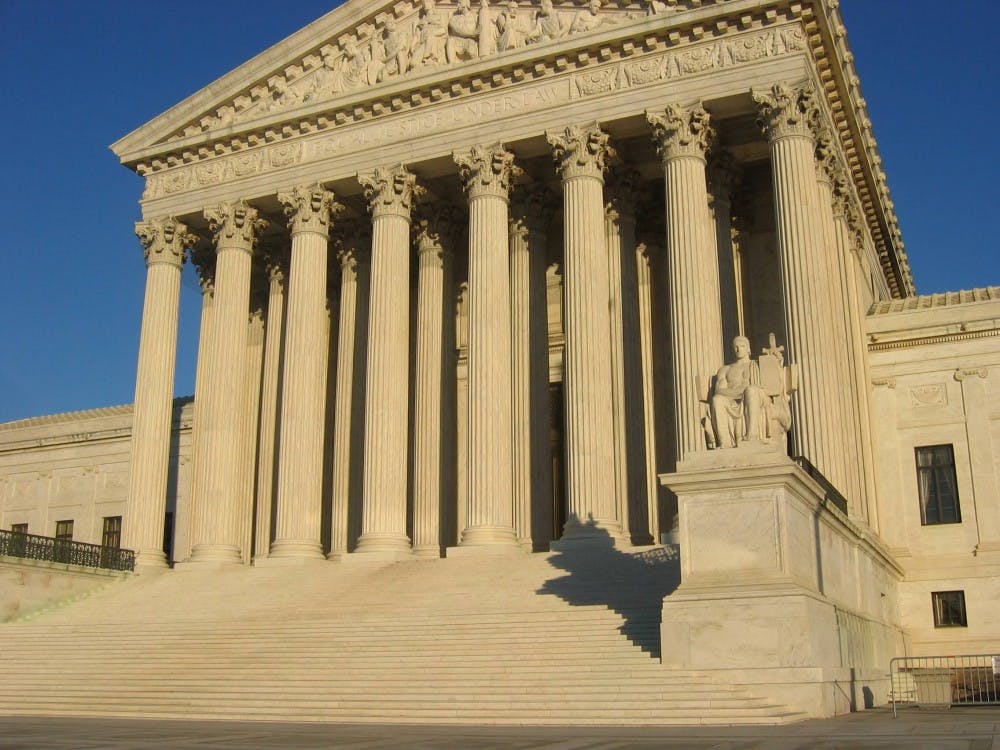The Supreme Court heard oral arguments Wednesday in Fisher v. The University of Texas at Austin, a potentially landmark case that could eliminate affirmative action in college admissions.
Plaintiff Abigail Fisher is suing The University of Texas at Austin claiming her Equal Protection Clause rights guaranteed by the Fourteenth Amendment were violated when she was denied admission. In a statement made on the website Project on Fair Representation Fisher wrote: “I was taught from the time I was a little girl that any kind of discrimination was wrong and for an institution of higher learning to act this way makes no sense to me.”
UT-Austin uses two different means of admission. The first is the Texas Top Ten Percent Plan, which guarantees entry to any student who graduates in the top 10 percent of his or her public high school graduating class. The second is a regular admissions process, which looks at a variety of the applicants’ characteristics, including race.
UT-Austin modeled its admissions process on the standard the Court set in Grutter v. Bollinger, a 2003 case centering on the University of Michigan’s Law School, which upheld the consideration of race as a factor in admissions. Law Prof. Kim Forde-Mazrui said the Court may overturn its 2003 opinion.
“The Court is more conservative on racial issues today than it was in 2003,” Forde-Mazrui said. “The main difference is that [former Justice Sandra Day] O’Connor, the swing vote in 2003, has retired, and been replaced with the more conservative [Justice Samuel] Alito.”
Because of changes in the Court’s composition, Justice Anthony Kennedy is regarded as the swing vote in the Fisher case. In 2003 Kennedy voted with three other dissenters in condemning the University of Michigan Law School’s admissions process as unconstitutional because of its use of affirmative action policy.
But Kennedy could change his vote in the Fisher case to uphold the legal precedent set forth in Grutter. Though Kennedy is “concerned with affirmative action,” Forde-Mazrui said, “he is just as concerned with following precedent.”
Forde-Mazrui said Chief Justice John Roberts, appointed by George W. Bush in 2005, may uphold Grutter.
“[Roberts] strongly believes the government has to be color-blind, but we also saw in the health care case that he also cares about the long-term reputation of the Court, which may cause him to vote differently,” Forde-Mazrui said.
The University currently uses an affirmative-action admissions process and would have to change its procedures if the Court rules that race cannot be considered as a factor in admissions.
Overturning Grutter would have severe implications for the makeup of the University’s student body, decreasing the number of African-American and Hispanic students, Law Prof. George Rutherglen said.
“Universities in California, which are not allowed to use race, have experimented with race-neutral policies to promote diversity and have found that they are not able to promote similar levels of diversity,” Forde-Mazrui said.
The Court will soon begin deliberating the case behind closed doors, and a decision is expected within the next few months.







